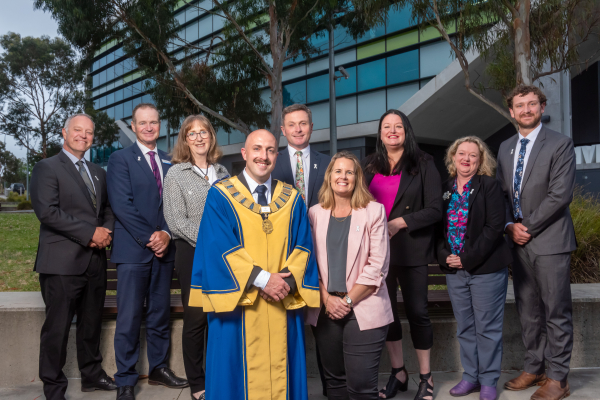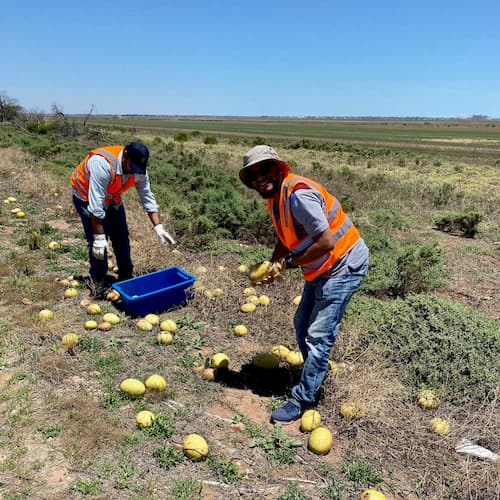Curtin University researchers will partner with industry in developing a commercially viable way to turn lupin seed waste into a treatment for high blood glucose therefore benefiting people with type two diabetes.

This next step in an ongoing research collaboration will allow Curtin food scientists, chemical engineers and biomedical scientists to develop new technology to extract high purity gamma-conglutin – a naturally occurring protein derived from lupins that has great potential to control blood glucose levels.
The project has received more than $310,000 from the Australian Research Council’s Linkage Projects scheme that invests in programs connecting universities with business. An additional $120,000 has been pledged by the partner organisation, Lupintel.
Curtin University Deputy Vice-Chancellor Research Professor Chris Moran said the research had real potential to transform the lives of both farmers and diabetics.
“This internationally competitive research project could transform the undervalued Australian lupin industry, by providing a new commercial use for the high protein legume crop, as well as delivering a new and natural treatment for type two diabetes,” Professor Moran said.
“This is an outstanding example of Curtin University’s commitment to collaboration not only between faculties and schools but also with industry, to ensure our research makes a real impact to people’s lives.”
The purification and bioactivity of legume protein as nutritional supplements research project will be led by Associate Professor Stuart Johnson a Food Technologist from the Agriculture and Food discipline of Curtin’s School of Molecular and Life Sciences who said the team looks forward to realising the future commercial applications of its research.
“Our aim is to develop the technology to make the extraction of high volume and high purity gamma conglutin from lupins both cost-effective and streamlined for farmers, then turn that product into a treatment supplement which may lower blood glucose levels therefore may be used by people with pre-diabetes or type two diabetes allowing for less dependence on pharmaceutical drugs”, Associate Professor Johnson said.
“From the project farmers may benefit through adding a premium to their crop value, a new gamma-conglutin purification technology will be available for processors to commercialise and consumers will have a natural product to help their blood glucose control.”
Associate Professor Johnson together with Associate Professor Ranjeet Utikar from the WA School of Mines: Minerals, Energy and Chemical Engineering and Professor Philip Newsholme from the School of Pharmacy and Biomedical Sciences will join Dr Jonathan Clements from Lupintel in the research project.
More information on ARC Linkage Projects can be found .







